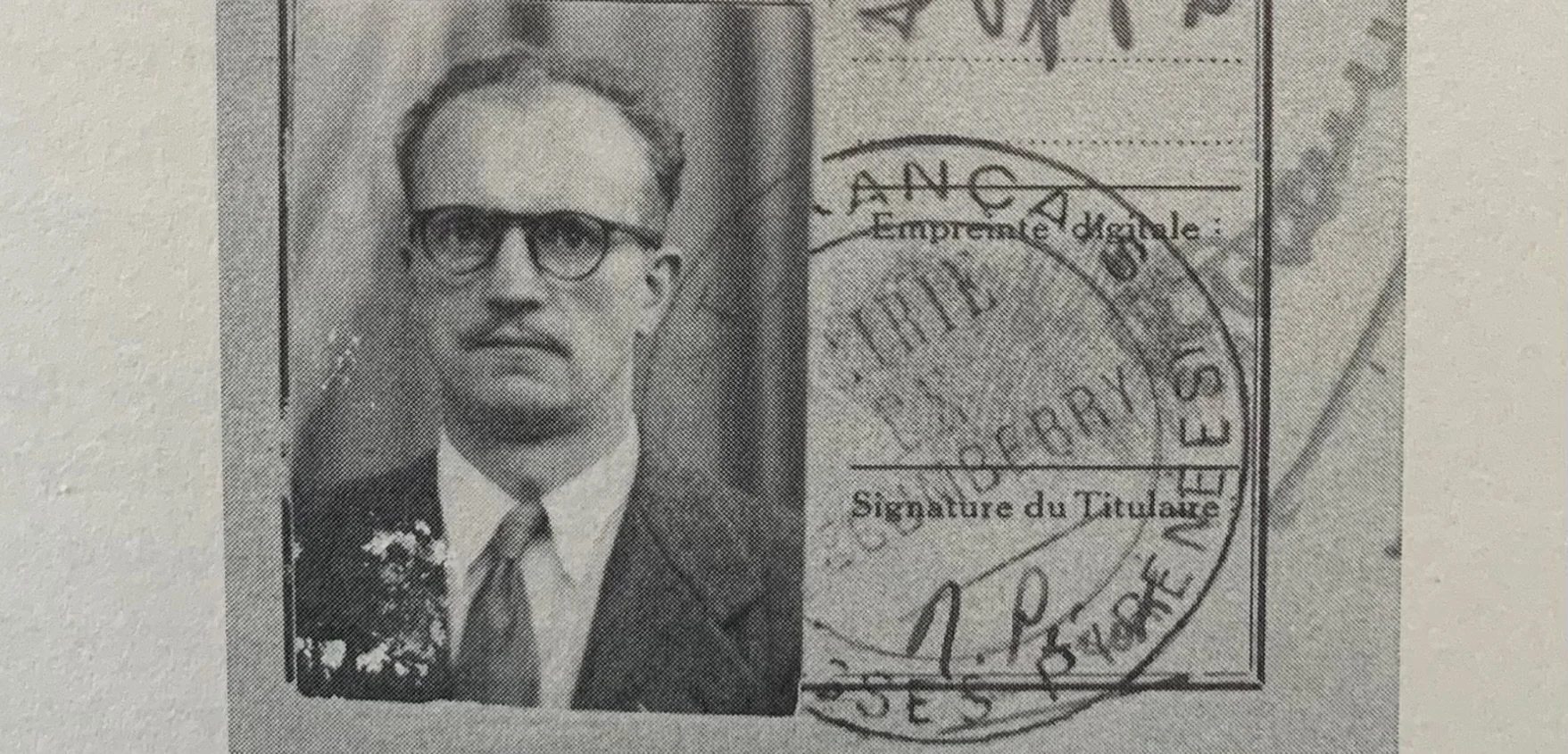When Germany invaded Belgium during WWII, Charles Luc Schepens was a captain in the Belgian medical corp. His involvement in the war effort went deeper. He was a member of the Belgian resistance. After being arrested by the Gestapo twice, Charles fled to France in 1943 where he assumed the name, Jacques Alexandre Perot. Joining the French resistance movement, ‘Jacques’ set up a spurious operation at a ‘back-country’ lumber company. From here he managed an evacuation system, aiding nearly 100 citizens in fleeing France and certain persecution.
Charles Luc Schepens, the youngest of six children, was born in Mouscron, Belgium in 1912. His father, a general practitioner, died when Charles was just seven, so he was raised by one of his older brothers. Like his three brothers before him, Charles went on to become a physician, specializing in ophthalmology. With his invention of the binocular indirect ophthalmoscope, which allows physicians to view and diagnose the retina, he was a pioneer in retinal medicine.
Charles established the Retina Foundation, which later split into two operations: Schepens Retina Associates Foundation and Schepens Eye Research Institute, the largest independent research institute for ophthalmology in the world.
Charles never pursued recognition or fame for any of the things he accomplished. However, due to his research and development of ophthalmic devices, Charles earned the title of, ‘Father of Modern Retinal Surgery’. For his service to France during the war, he was awarded the French Legion of Honor by the Consul General of France for ‘smuggling more than 100 people over the Pyrenees from France into Spain’.
Please enjoy this video presentation:
